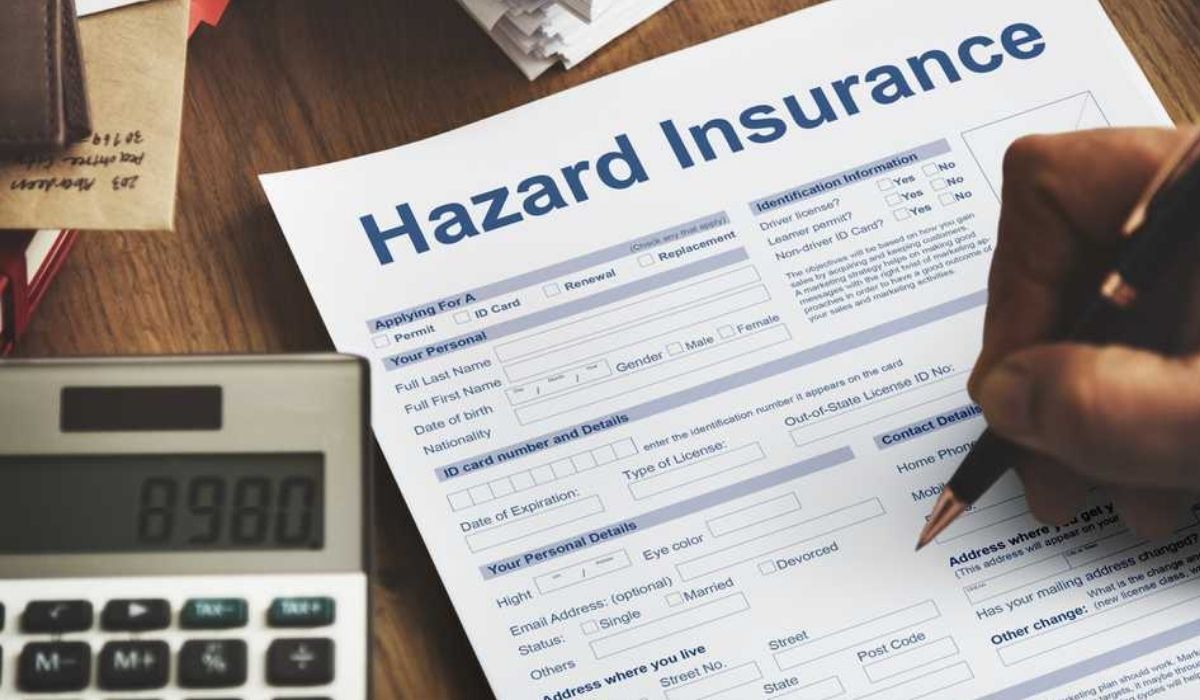One of the most important things a company can do to protect its assets is to obtain business hazard insurance, generally known as commercial property insurance or just property insurance. It safeguards companies’ resources against a wide range of threats, allowing them to bounce back and keep running even if disaster strikes.
Types of Hazards Covered
Natural Disasters
Natural disasters including earthquakes, floods, hurricanes, and fires are a major focus of commercial hazard insurance. These disasters have the potential to severely harm a company’s physical facilities and halt all operations.
Theft and Vandalism
Theft and vandalism are two other perils that are covered by business hazard insurance. Theft and vandalism can have a severe financial impact on a company, making this protection crucial for peace of mind.
Accidental Damage
Damage to a company’s property or equipment might result from unforeseen accidents. Accidental damage, whether from an explosion, a falling object, or a car crash, is covered by business hazard insurance.
How Business Hazard Insurance Works
The system of commercial hazard insurance is based on individual policies. An insured company pays a payment to an insurance company in exchange for protection against a variety of risks. Costs associated with providing the necessary level of protection are factored into the premiums charged.
Policy Coverage and Limitations
The insurance policy’s coverage and restrictions should be studied carefully. Different policies’ coverage and exclusions may be different, therefore it’s important for business owners to read over their policies thoroughly.
Premiums and Deductibles
Insurance coverage is sustained through monthly payments known as premiums to the insurer. In contrast, deductibles are the out-of-pocket costs that a company must bear before its insurance policy begins to pay anything. It is important to strike a balance between rates and deductibles when customising insurance for a business.
Benefits of Business Hazard Insurance
Financial Protection
Different industries, geographic locations, and other variables provide different dangers to various businesses. Effective risk mitigation requires both the identification of possible dangers and the customization of insurance coverage to address those concerns.
Business Continuity
It is important for company owners to work closely with insurance agents in order to obtain the coverage that best fits their needs. This may need extending protection to include hazards unique to the company’s line of work.
Tips for Managing Business Hazards
Risk Prevention Strategies
The financial security it provides is arguably the most important perk of hazard insurance for businesses. The insurance coverage aids the company’s financial recovery, such as the cost of repairing or replacing damaged property in the case of a loss caused by a covered danger.
Risk Management Best Practices
When a tragedy strikes, having company hazard insurance in place means you can keep running. Faster repair and less downtime thanks to insurance means a firm can get back to doing what it does best and keeping its customers happy.
Importance of Professional Advice
Consultation with Insurance Experts
Hazards can be reduced significantly if measures to prevent them are put into place. This entails doing things like putting up alarm systems, keeping them in good working order, and following all applicable safety regulations.
Understanding Policy Terms and Conditions
Comprehensive preparation is key to developing effective risk management practises. Potential dangers can be greatly mitigated through employee training, a crisis management plan, and preventative measures.
Case Studies
Case studies of firms that have bounced back from the effects of a disaster are a great way to see the value of insurance protection for your own company.
Learning from Real-life Scenarios
It is crucial that you read and fully understand all of the policy’s terms and conditions. It is imperative that business owners understand what is and is not covered by their insurance policies, as well as the claims process.
Conclusion
Business owners would be wise to invest in hazard insurance in today’s uncertain world. It ensures financial security, peace of mind, and a speedy comeback after a catastrophe. To protect their investment and maintain the company’s long-term success, every business owner should make purchasing the appropriate business hazard insurance a top priority.
FAQs
What does business hazard insurance cover?
How can a business assess its risk for hazards?
Are there additional endorsements for specific hazards?
What factors influence business hazard insurance premiums?
Is business hazard insurance mandatory for all businesses?











